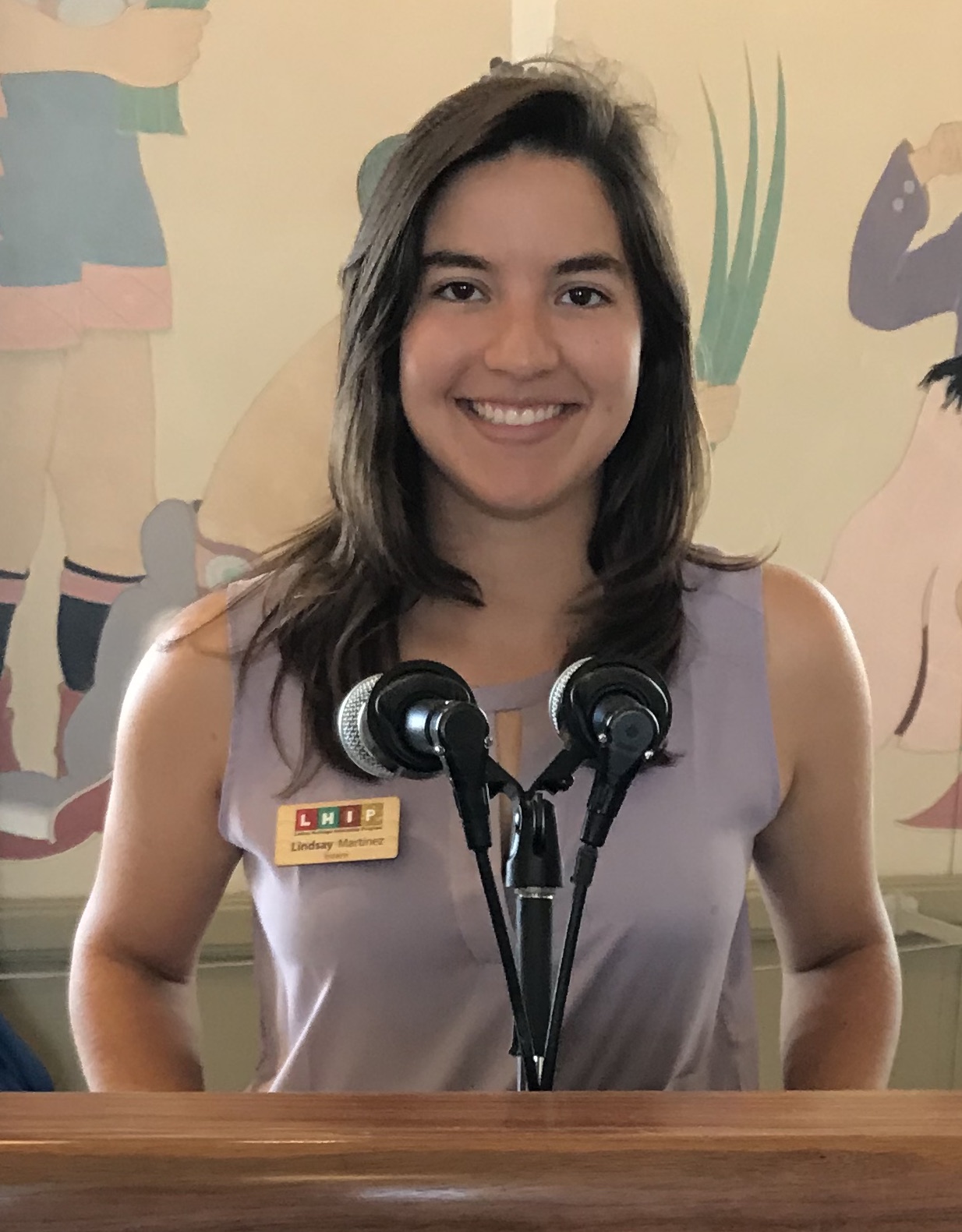February 2023
When your out-of-state Zoom teammates visit Texas
Lindsay Martinez
Inter-organization collaboration is one of the key elements of my graduate research project, which is focused on advancing policy to conserve Texas’s endangered ocelot. I had read about the importance of collaborative conservation before and heard about it in classes; I knew that it can take partnerships and engagement with a variety of stakeholders to really get things done for wildlife and for ecosystems. In my graduate project, I have had the chance to be part of a highly collaborative conservation project. In the last (nearly) two years, I have worked together with around 35 wildlife conservation experts to conduct scientific assessments, develop conservation plans, and draft policy language that could create a path forward for reintroducing an additional wild ocelot population in Texas. I have learned that the capacity of a team of professionals – including their time and their expertise - is so much greater than that of just one individual.
The individuals on my project represent a variety of universities (including Texas A&M, Texas A&M-Kingsville, and others out of the state), the relevant state and federal wildlife agencies (The Texas Parks and Wildlife Department and the U.S. Fish and Wildlife Service), and several non-profit organizations focused on wildlife conservation (including zoos, a private landowner, and an organization in Mexico). During my project, I routinely work with individuals from all around Texas (including in College Station, Houston, San Antonio, Kingsville, and the Rio Grande Valley) plus New Mexico, California, Tennessee, Ohio, Pennsylvania, Wyoming, and Missouri. When I travel back home to Montana for the holidays, I participate in project work from there.
My job is to coordinate all the different organizations and experts within the project to work toward a common goal of supporting ocelots’ recovery from the endangered species list. All our geographic diversity means I do lots of Zoom calls with project members who work not just in different organizations, but in different time zones. I’ve spent two years emailing and video chatting with some individuals who I have never met in person before. It has been excellent to have access to such a large network of knowledgeable people who are willing to lend their assistance to the project. However, it is challenging to find community and really get to know people who live far away and only work with me online. There is no office filled with the whole team where we can turn and talk to one another. We cannot take a break and all go to lunch to talk about our passion for wildlife conservation and the ocelot project. I am sure many people have had similar experiences in today’s remote work environment where they work closely with people that they have never even seen them from the shoulders down.
For me, this recently changed in January when I got to participate in an in-person ocelot meeting in South Texas. Several project members from around the state traveled to South Texas to get together. We also had individuals travel from New Mexico to talk about ocelots in the very places where these beautiful cats are found. It was a huge pleasure to finally shake hands with my teammates, tell them it is nice to meet them in person - and of course see how tall they really are. Those of us familiar with ocelots in South Texas enjoyed showing project members the habitat where the cats live and the places where we have spotted their tracks, along with setting out trail cameras to photograph them or even trap and release them for research. I think that it was inspirational for everyone to experience this wildlife conservation project together in the field, rather than in our separate offices that all appear on the Zoom screen. We talked about the work we have done so far on our project, the tasks ahead, and our commitment to remaining strong partners who will continue to work together to support ocelots. This was exactly the type of experience I needed to start 2023, heightening my excitement for the ocelot project and reminding me of this great opportunity to work with a team whose members hail from around the country.
